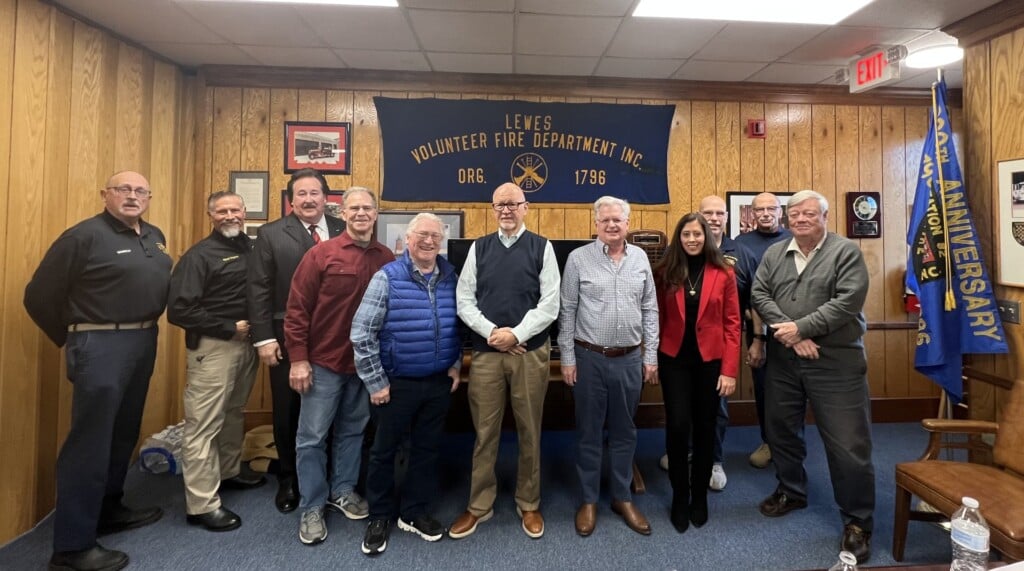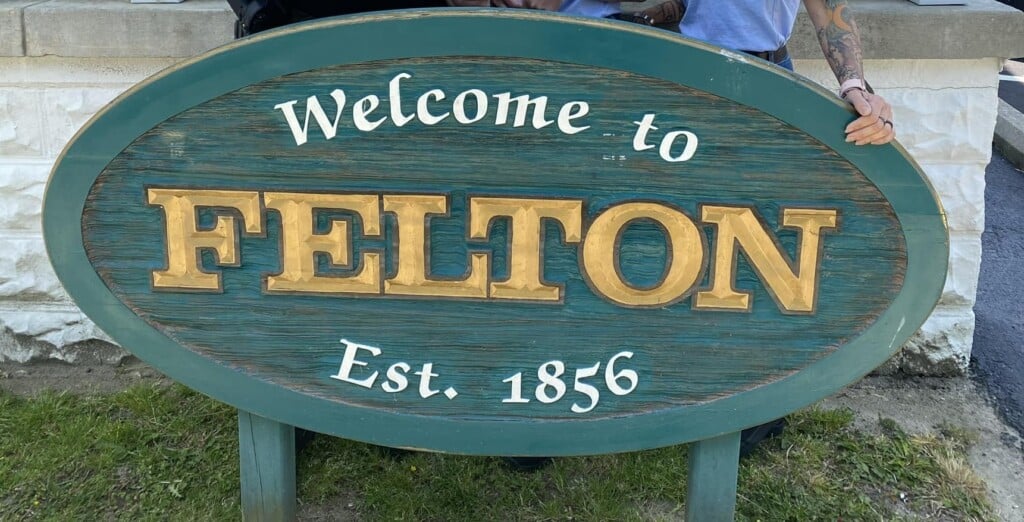Gov. Hogan urging Congress to raise H-2B visa worker cap
ANNAPOLIS, Md. – Governor Larry Hogan is calling on Congress to raise the cap on H-2B guest worker visas.
The letter Governor Hogan wrote comes in response to a newly-released study that shows the impact these workers have on Maryland’s seafood industry and the state’s economy. The study was conducted on behalf of the Chesapeake Bay Seafood Industry with support from the Maryland Department of Agriculture and is based on direct input from crab processing businesses. We’re told that combined, these small businesses typically require 500 to 600 seasonal guest workers each season to pick crab meat.
The study showed that securing seasonal labor for crab picking is expected to be more challenging than ever in 2022, as the industry only expects to receive 10 percent of the workforce needed. Such a reduction in H-2B workers is expected to cost Maryland anywhere from 940 to 1,390 jobs and cost Maryland’s economy roughly $141 million. These are American jobs that will be affected all along the seafood supply chain, from restaurants to watermen.
Additionally, in 2022, if they are able to get the seasonal labor they need, survey respondents expect to spend $20.3 million on payroll, $3.9 million on equipment/vehicles, $4.3 million on packaging/boxes/other supplies, and $3.5 million on repairs and maintenance with local vendors.
We’re told nine out of ten companies say that seasonal labor availability is a challenge that threatens the survival of Maryland’s seafood business.
In his letter, the governor is urging the delegation to work with their colleagues and the Biden administration to find a more permanent solution to this critical workforce issue, such as an industry exemption from the annual H-2B visa cap.
Congress has capped the maximum number of H-2B visas at 66,000 per fiscal year, split evenly between workers in the first half of the fiscal year (October to March) and the second half (April to September). The uncertainty of the lottery system used to allocate requests has created an annual challenge for the state’s seafood industry and has been addressed in prior years by temporarily raising the visa cap.



